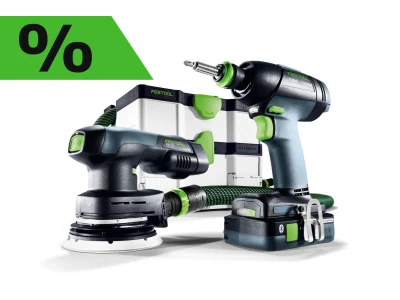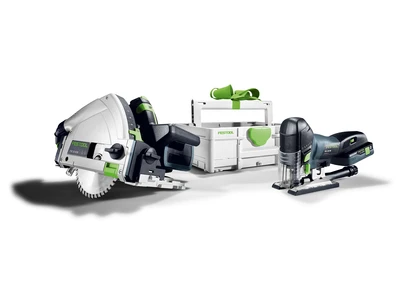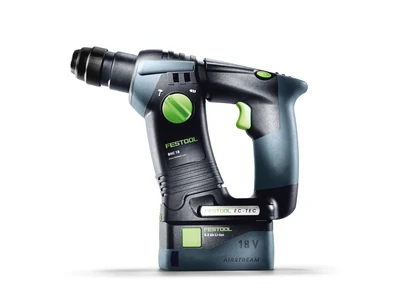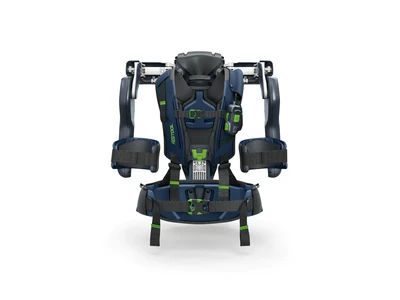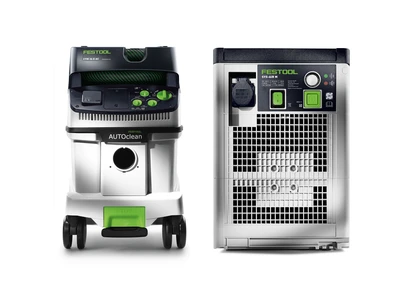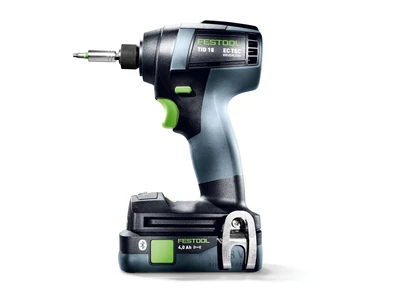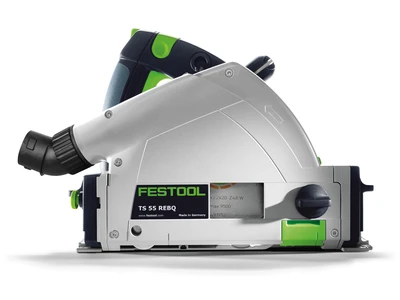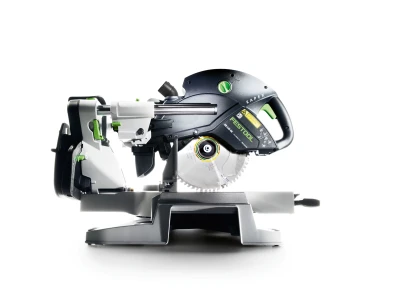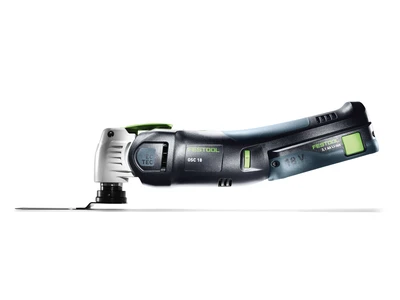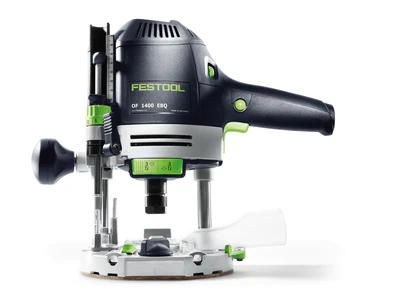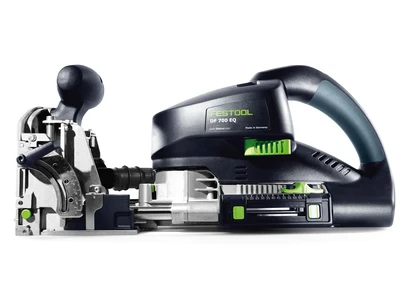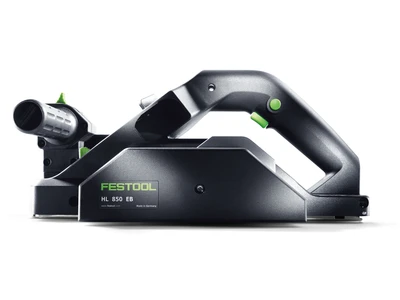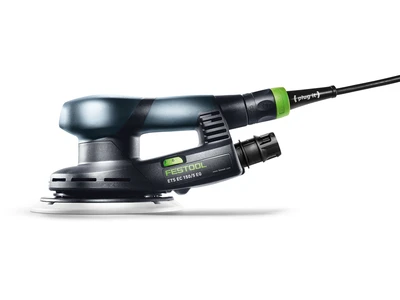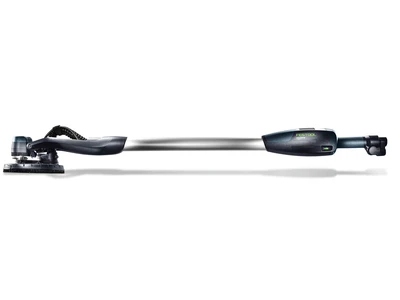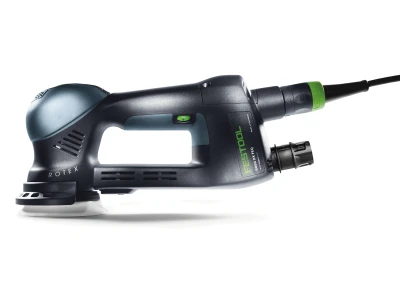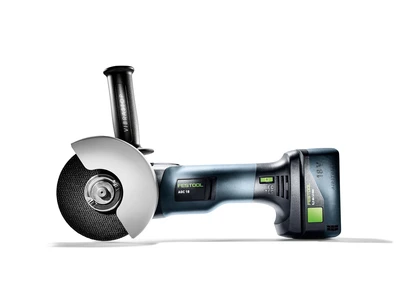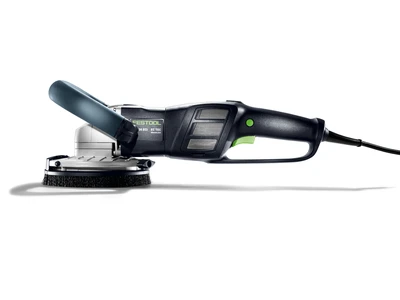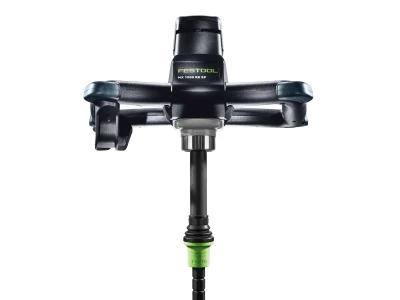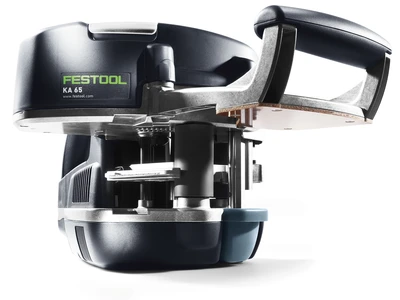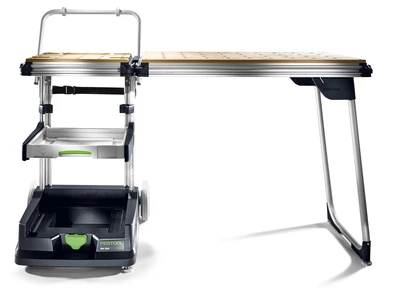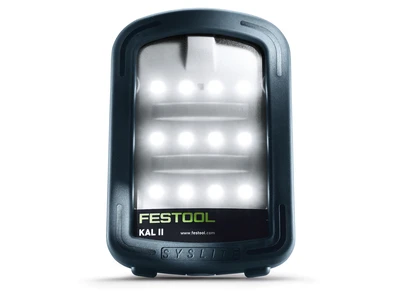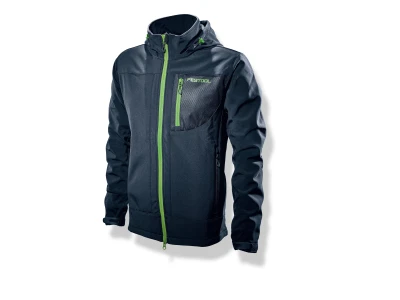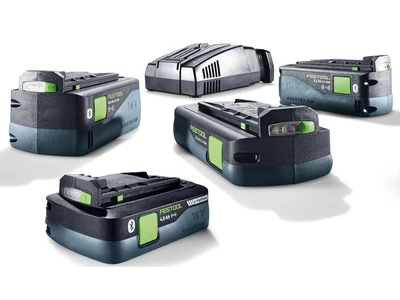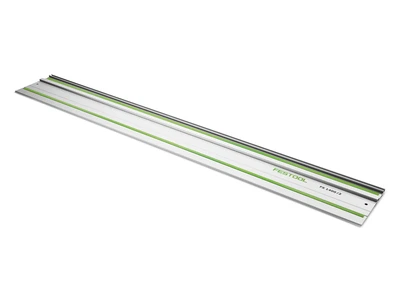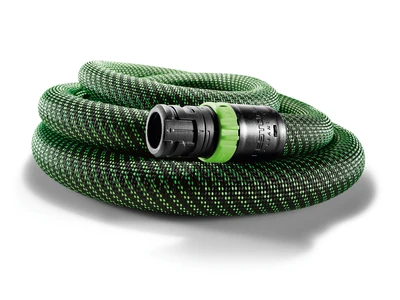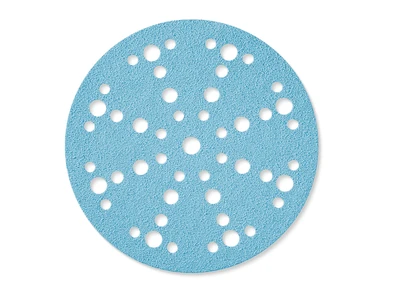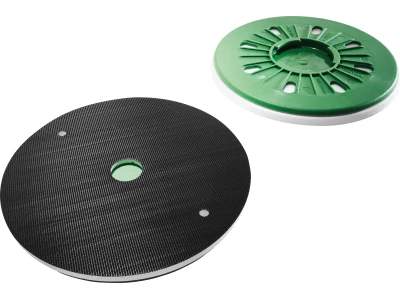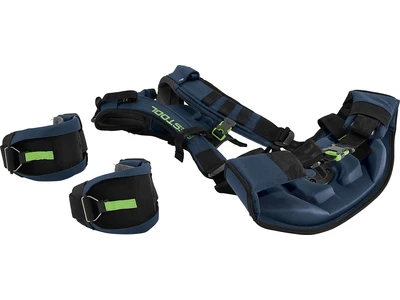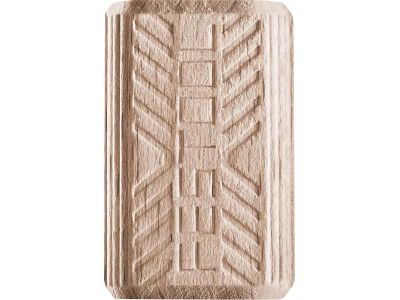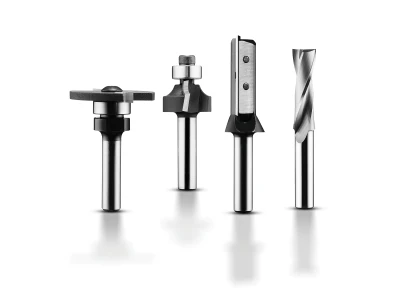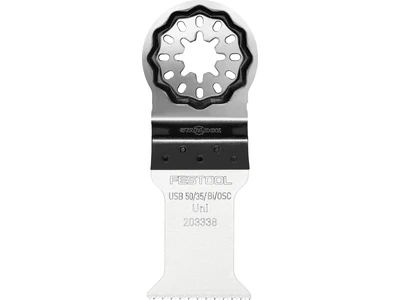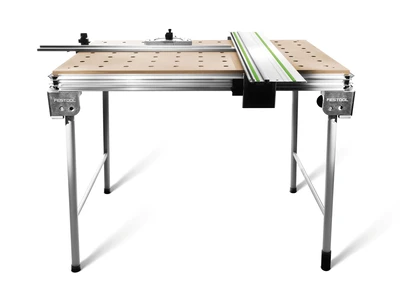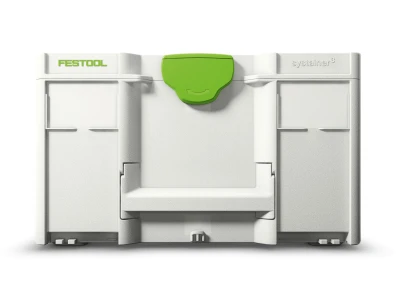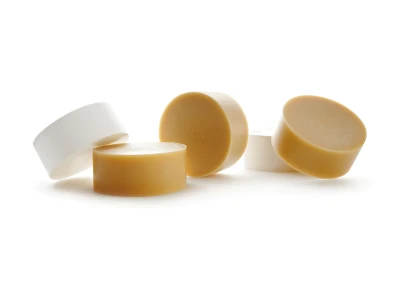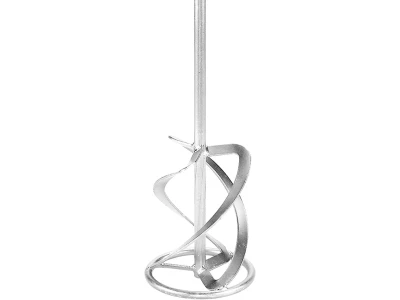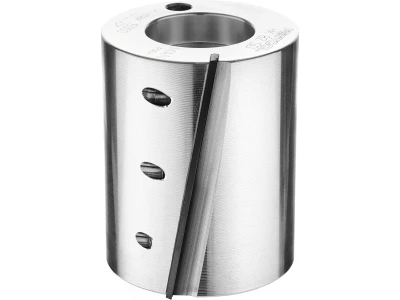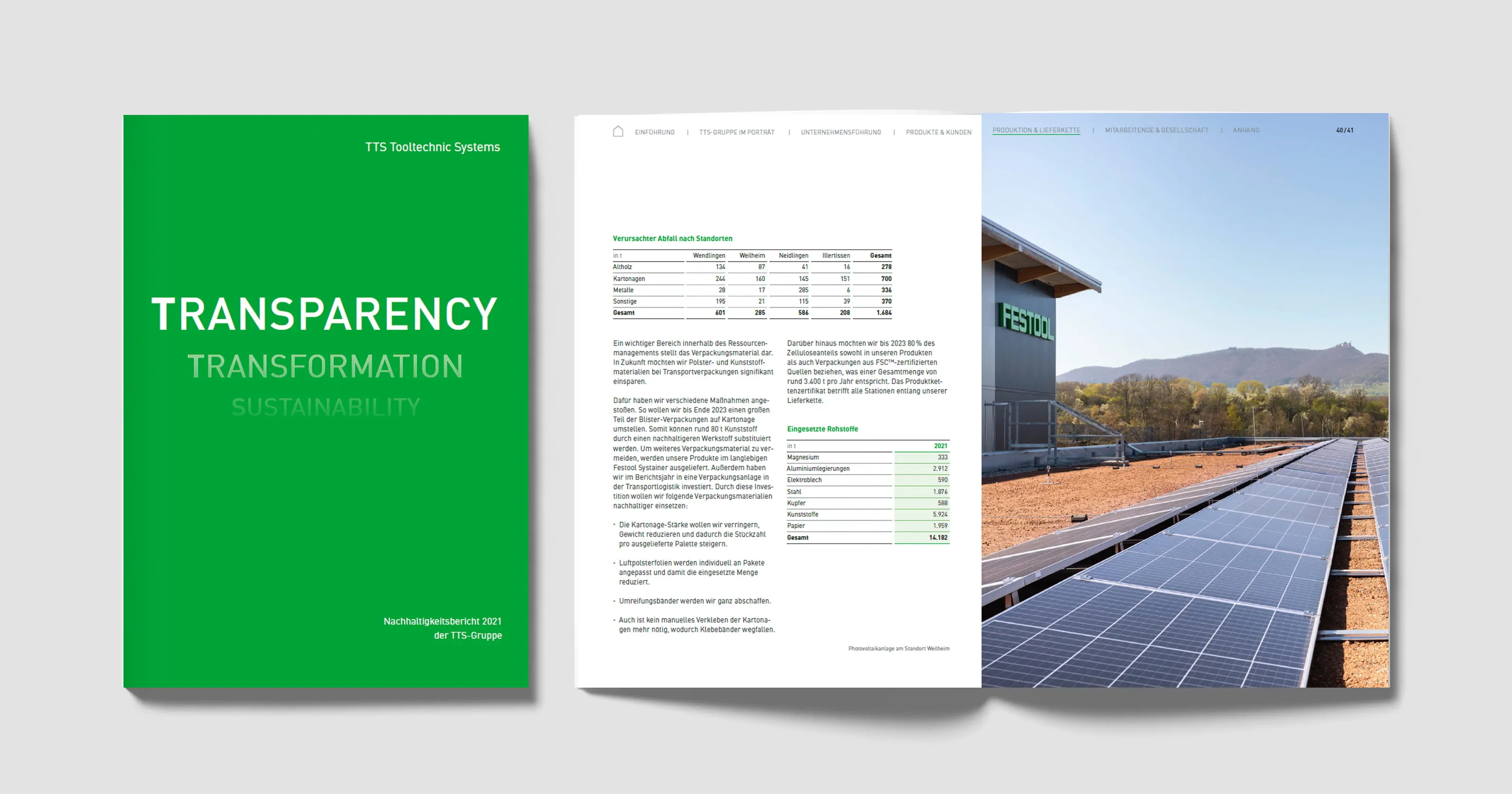In the TTS Group's sustainability report for the 2022 financial year, we communicate transparently about our sustainability performance. We highlight our impact in terms of social, environmental and economic aspects and describe the concepts we have developed and the measures we have taken.

Festool environmental policy
Our vision
Environmental policy is part of the company's sustainability management system.
To us, sustainability means providing future generations with the same opportunities as the current generation.
Taking into consideration current global mega trends, we are convinced that there are three relevant environmental impacts for us:
- Climate change
In the wake of global climate change, we consider it to be our job to help counteract it. We can do this by reducing relative CO₂ emissions.
- Scarcity of resources
Resources are finite worldwide. To ensure equal opportunities for future generations, resources must be protected and maintained. We do this by reducing relative material consumption.
- Health protection
To preserve the health of our users in the long term, we consider it to be our responsibility to reduce emissions and avoid the use of hazardous substances.
We see compliance with legal requirements as the minimum to be done here to satisfy this. So we use the best available technology in all aspects, insofar as economically viable. The realisation of environmental policy is secured by the implementation and maintenance of environmental management.
Our commitment
As a manufacturer of power tools, we are conscious of how we affect the environment. By implementing environmental policy in sustainability management, we have already been able to carry out some environmental projects. Our commitment stretches across the entire value-added chain. We face new challenges daily here and set ourselves new objectives for improving our environmental performance.
Raw materials
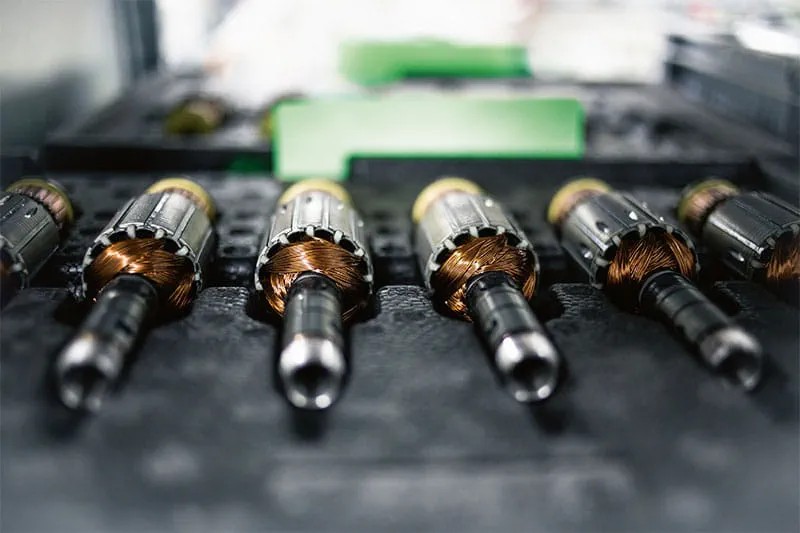
- Our products are assessed for their possible risk potential for people and the environment.
- Our products and packaging are developed and labelled in accordance with the global harmful substances requirements.
- Our suppliers are bound to comply with our in-house environmental standard for compliance with environmental requirements.
Products

- Festool products are known for being long-lasting. This preserves resources and the environment.
- In order to avoid packaging material, our products are delivered in a long-lasting Festool Systainer.
- Since 2023, 90% of our products and packaging are made from the materials wood and cellulose from FSC-certified sources.
- By changing from blister packaging to cardboard, around 80 t of plastic will be replaced by a more sustainable material in future.
- Investments in the area of transport packaging allow us to save 75% of padding and plastic materials annually.
FSC™ certification (FSC-C164884)
- The procurement of raw materials from responsible forestry is a firmly defined business objective at Festool.
- The FSC uses certifications in order to ensure that products that bear the FSC seal have actually been manufactured from the corresponding raw materials.
- The product chain certificate used by Festool is awarded for wood and paper products where all stages along the supply chain are FSC-certified.
- Festool takes a holistic approach when it comes to conversion. With FSC-certified products, the raw materials not only for the product itself but also for the packaging come from responsible sources.
Repair
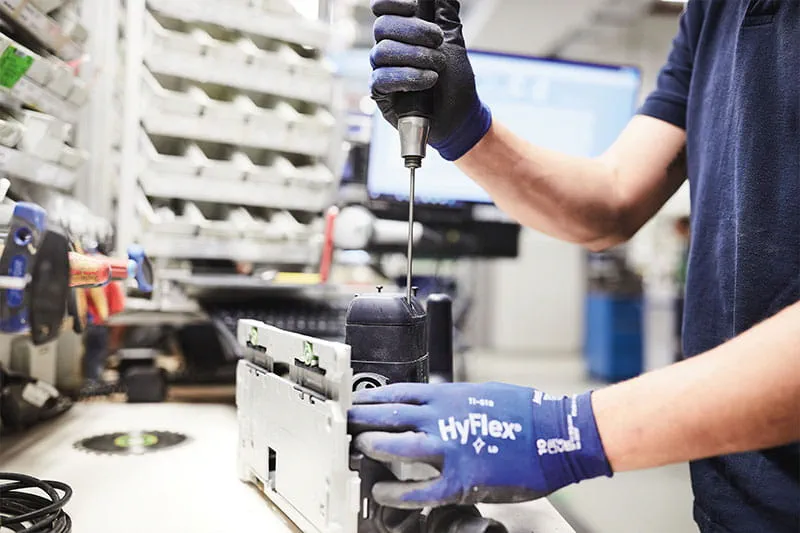
- That is far from saying that a faulty product has necessarily reached the end of its service life. Through our Festool full repair service and our ten-year spare part guarantee, the service life of our products is extended and valuable resources are preserved.
- Well-advised on specialist trade. Knowledge of the sustainable use of our products for a long service life is communicated through targeted ranges of seminars for dealers.
Recycling
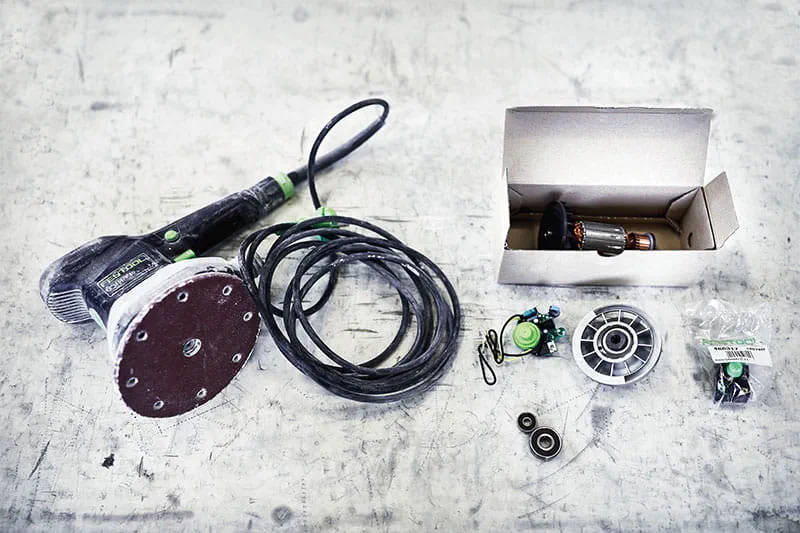
Our old devices are fed into the recycling systems in an environmentally friendly manner. After many years of use, Festool devices can be disposed of free of charge at public collection points, at specialist dealers or with the Festool after-sales service.
Information on critical materials
The REACH Regulation (EC) No. 1907/2006 is the European chemicals regulation concerning the registration, evaluation, authorisation and restriction of chemicals.
All substances (SVHCs = Substances of very high concern) on the candidate list are subject to declaration according to Section 33. The SVHC candidate list published by the European Chemicals Agency (ECHA) is updated regularly at: https://echa.europa.eu/en/candidate-list-table.
As a product manufacturer, we are obligated to declare substances from the candidate list that are included in the product with a concentration of more than 0.1 per cent by mass and to comply with banned substances lists.
We comply with this requirement, of course. We also regularly inform our suppliers about REACH. They are urged to fulfil their registration and information obligations using our environmental standard, among other things.
In addition, we check the conformity of our products through a systematic selection of samples for analysis in a specialist laboratory.
In accordance with our information obligation according to Section 33, all products that we know have an SVHC content of more than 0.1 per cent by weight are visible in the following list. This list is regularly updated. Our objective is to substitute the listed materials as quickly as possible. In doing so, we collaborate closely with our suppliers.
Should you have any questions, feel free to contact:
material-compliance@festool.com
Recycling Information
The basis of a sustainable company is its careful and efficient use of natural resources. Accordingly, when a product reaches the end of its service life, this also means that important and recyclable resources are then reused. This recovering of raw materials contributes to the resource cycle and therefore protects the environment and conserves precious natural resources.

As a manufacturer of electrical equipment and accumulators, we are aware of the legal requirements regarding the placing on the market and return and environmentally sound disposal of old electrical equipment and batteries, and comply with these globally.
Our electrical equipment and batteries are labelled with a crossed-out bin. This symbol means that the old devices and used batteries do not belong in the household waste. End users can dispose of their obsolete devices free of charge at a public collection point, one of our dealers or the Festool after-sales service (for the address, see www.festool.com/service).
Before disposing of old devices, users must remove discharged batteries, accumulators that are not enclosed by the device and lights that can be removed from the old device without causing damage. The old batteries and rechargeable batteries can then be recycled systematically.
Packaging
 For the Italian translation please use the following link
For the Italian translation please use the following link
![]() For the French translation please use the following link
For the French translation please use the following link
Packaging is also made up of important materials that can be recirculated in the resource cycle if they are separated and recycled accordingly.
Individual packaging materials can be distinguished from each other using the alphanumeric coding in accordance with Commission Decision 97/129/EC. Refer to your local regulations for separating your recycling.
The materials most commonly used in Festool packaging briefly explained:
Packaging marked with code 20 to 22 should generally be disposed of with waste paper. This includes the cardboard packaging and blister cards that come with newly purchased Festool products.
Packaging material with the code 01 to 07 are forms of plastic packaging, such as blisters, films, bags and polystyrene inserts. In many countries and municipalities, users can put this type of packaging in the yellow bag or bin.
Wood materials are labelled with the code 50 or 51 and can usually be taken to local recycling centres.
It is important to separate the individual packaging materials before disposing of them. For example, users should remove the blister card from the blister and dispose of the individual materials in the relevant systems.
Should you have any questions, feel free to contact:
 Our website is 100% carbon-neutral.
Our website is 100% carbon-neutral.

